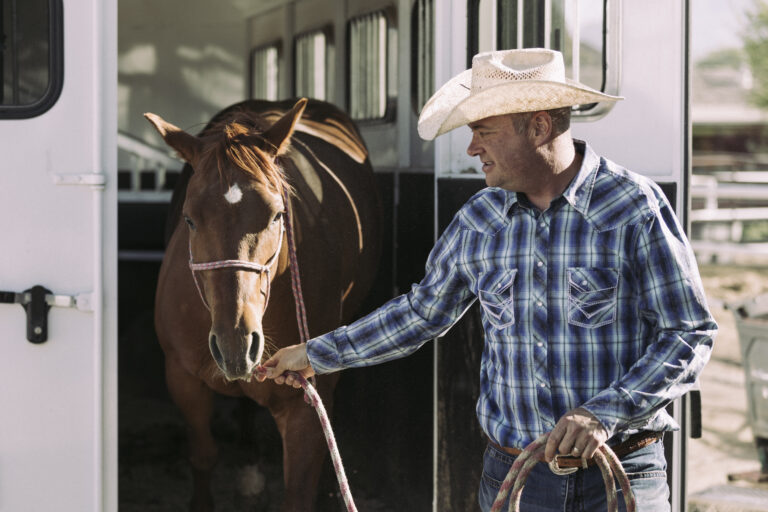
“Burnout is a long-term stress reaction marked by emotional exhaustion, depersonalization, and a lack of sense of personal accomplishment,” according to the Agency for Healthcare Research and Quality. It is a common work hazard in the veterinary field, tied to an overwhelming workload, lack of choice or control, and failure to be adequately recognized, supported, and compensated. Practices with cultures that embrace flexibility, boundaries, fairness, inclusion, transparent communication, and appropriate professional compensation can help prevent burnout.
Burnout in the U.S. Workforce
Veterinary medicine is not at all unique in the presence of burnout. According to Gallup’s 2020 report Employee Burnout: Causes and Cures, 76% of employees across the U.S. experience burnout on the job at least sometimes, and 28% say they are burned out “very often” or “always” at work. The data from this study show the number of hours people work each week matters, with burnout risk increasing significantly when employees exceed 50 hours and climbing even higher after 60 hours. The Gallup Employee Burnout study respondents who said they very often or always experience burnout at work were 13% less confident in their job performance, 63% more likely to take sick days, 23% more likely to visit the emergency room, and 2.6 times more likely to seek a new job.
Burnout in Veterinary Medicine
Roadblocks exist in veterinary medicine that make avoiding burnout difficult. A balanced life is hard to capture, and boundaries can be hard to set. If you are starting a family or already have children, your home responsibilities are probably exhausting. Emergency duty for your veterinary job can be tiring and stressful, and long hours are hard to escape. These pressures can cause stress to build and your mental health to suffer.
In a paper published in World Psychiatry, the authors wrote, “Burnout has been recognized for many years as an occupational hazard for various people-oriented professions, such as human services, education, and health care. The therapeutic or service relationships that such providers develop with recipients require an ongoing and intense level of personal, emotional contact. Although such relationships can be rewarding and engaging, they can also be quite stressful. Within such occupations, the prevailing norms are to be selfless and put others’ needs first; to work long hours and do whatever it takes to help a client or patient or student; to go the extra mile and to give one’s all.” This paragraph without a doubt describes equine veterinarians.
Burnout in veterinarians can manifest as fatigue, exhaustion, feeling completely depleted, having negative or inappropriate attitudes toward clients, irritability, loss of idealism, withdrawal from family and friends, reduced productivity or capability, low morale, and increasing inability to cope with small issues. If you recognize these signs, you might be developing burnout. If you are experiencing symptoms of burnout, begin prioritizing your self-care, reduce your exposure to stressors, seek out supportive connections with others, find ways to renew meaning in your work, and consider taking a leave of absence.
Strategies to Avoid Burnout
Practices can help their teams avoid burnout by embracing flexible work hours, having healthy boundaries, creating a culture of belonging, communicating with transparency and psychological safety, and compensating well. They can reduce the long hours traditionally worked in equine practice to allow adequate time for rest, recovery, and professional growth. Along with decreasing the potential for burnout, these changes could have a positive effect on retention and attraction of equine practitioners.
Related Reading
- The Business of Practice: Conquering Burnout in Equine Practice
- Resilience and Boundaries for Equine Veterinarians
- How To Conquer 4 Toxic Team Cultures in Veterinary Practice
Stay in the know! Sign up for EquiManagement’s FREE weekly newsletters to get the latest equine research, disease alerts, and vet practice updates delivered straight to your inbox.


![[Aggregator] Downloaded image for imported item #18402](https://s3.amazonaws.com/wp-s3-equimanagement.com/wp-content/uploads/2025/09/30141652/EDCC-Unbranded-16-768x512.jpg)

